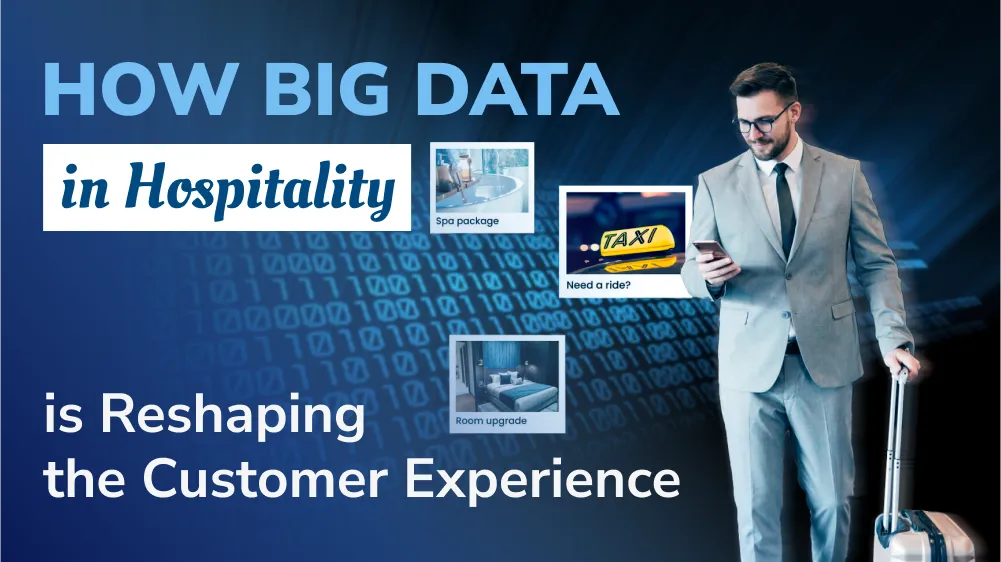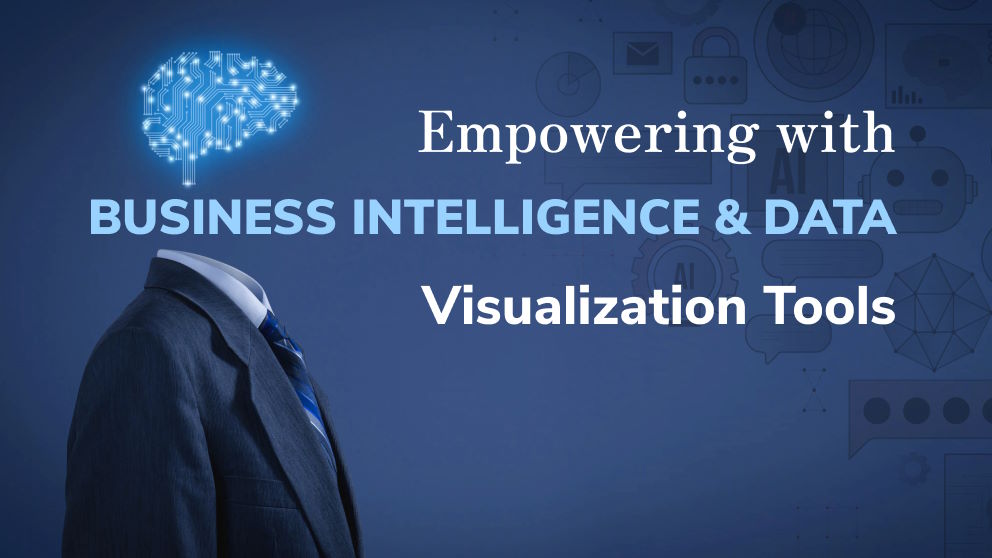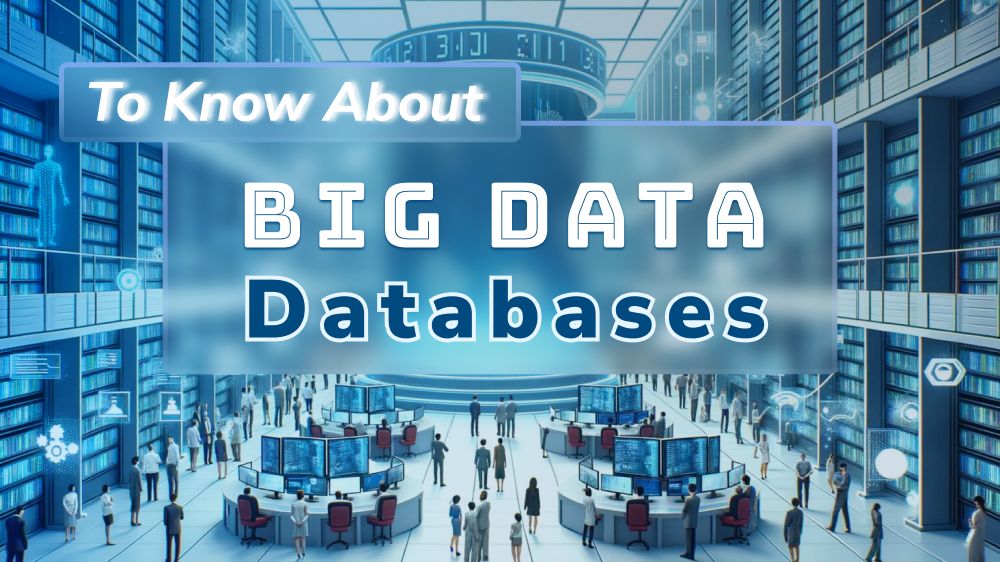
The Expert's Handbook for Successful Big Data Implementation
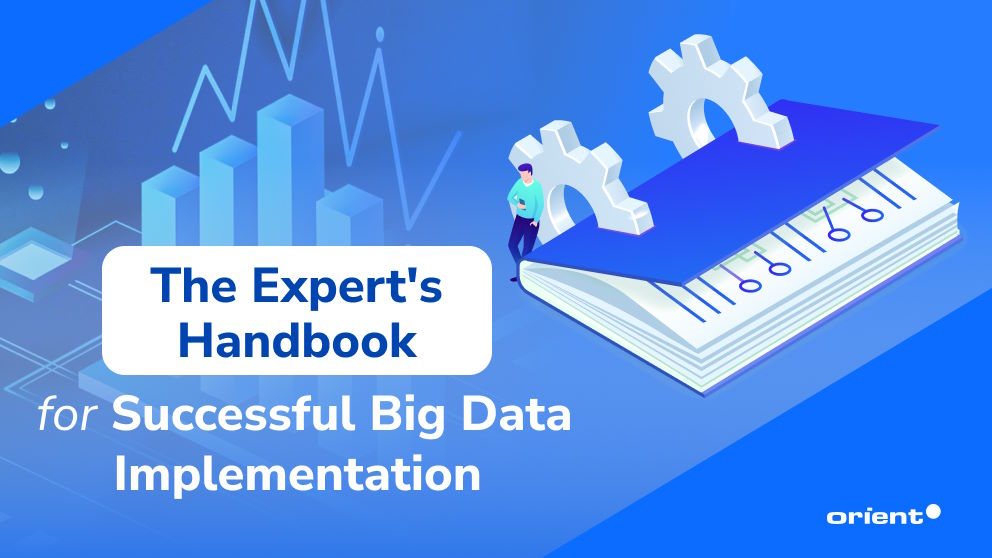
Content Map
More chaptersIt is time to rethink if you still assume that big data is a concept that simply represents large volumes of data. Gigantic corporations have reasons for implementing solutions using big data technologies.
By 2029, the big data analytics market is projected to exceed 655 billion U.S. dollars, up from around 241 billion in 2021. Going beyond the sheer volume of unstructured data collected, big data with a proper big data analysis technique can unlock valuable business insights and gain competitive advantages in today’s data-driven world.
If you plan to join the big data implementation race and make your mark in the tech market, ensure you are fully equipped with the necessary knowledge to make it a reality.
Implementing Big Data Projects: What Is the Purpose?

No matter what purpose big data systems are used for, the ultimate goal is still to achieve meaningful insights. With the right approach, big data analysis helps businesses reveal hidden patterns that strengthen decision-making and improve overall performance. However, this technology’s list of benefits does not end there.
- Better Customer Satisfaction and Retention: As customers use mobile applications daily, the amount of raw data about their digital footprints increases over time. By analyzing user behavior and preferences, businesses easily custom their products and services according to individual needs, leading to higher levels of customer satisfaction, loyalty, and retention.
- Targeted Promotions and Sales Effectiveness: Marketing campaigns only succeed when they reach the right target customers. Instead of traditional market research methods such as interviews, big data sources obtained from automating the data collection process create a premise for analyzing customer trends and help increase the effectiveness of marketing efforts by reaching the right people with the right message.
- Enhanced Fraud Detection and Security: As customer data is collected every second, fraudulent activities are easily detected in a matter of time. This makes it easier for developers to prevent potential cyber security risks and unexpected events before they happen, thereby proactively mitigating them and creating a smoother user experience.
- Competitive Advantages: Big data allows companies to leverage the superiority of predictive analytics to anticipate future trends, market dynamics, and customer behavior. Understanding changing needs and trends ahead of competitors helps in proactive decision-making and staying ahead of market changes, ultimately creating a competitive advantage.
- Scalability and Flexibility: When the amount of data exceeds a certain limit, data storage can become overloaded, and manual handling by humans may no longer be possible. In such scenarios, big data solutions can be the ideal alternative to ensure data collection continues seamlessly. These solutions store the data generated from various sources safely until the data is used.
Examples of Big Data Solutions Across Industries
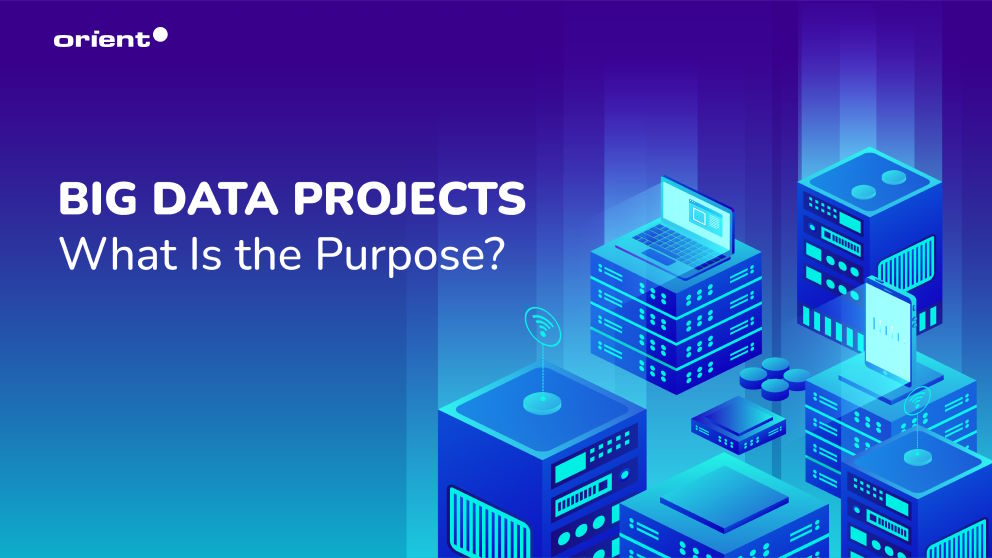
Big data plays a pivotal role in most business segments and industries. Not only does it address certain potential challenges, but business big data also unlocks opportunities for growth and shortens the gap to ROI software. However, that is just pure theory.
Let’s shed light on big data examples to understand more about the application of this technology across fields. It is worth noting that big data brings significant transformations in a positive direction no matter what sectors it is applied to.
Financial Industry
Prior to the adoption of big data technology, managing the growing amount of data collected from various sources was a difficult challenge for many businesses, including large organizations. Letting this situation persist often results in bottlenecks and overwhelmed banks with numerous applications.
Things have been different since big data appeared, becoming an indispensable component and reforming the whole landscape of the financial industry. Big data tools make customer data invaluable. Financial companies can gain valuable insights into user preferences and customize their services accordingly by analyzing such information.
As one of the fields requiring top information security, the financial industry deploying big data has advantages in terms of security. Analyzing patterns and anomalies in transaction data helps business owners identify potential issues and take immediate action to prevent losses.
Healthcare Industry
Human health status often changes over time. Monitoring a patient’s condition through traditional methods relying heavily on manual record-keeping is no longer effective in the modern context.
As a result, real-time big data generated through the use of remote patient monitoring systems and wearable devices comes in as an ideal alternative. Accessing patient data in real-time helps medical facilities detect the presence of a disease at an early stage by having proactive interventions when abnormalities or risks are detected and reducing hospital readmissions and emergency visits.
Retail Industry
Keeping up with current trends and predicting future trends are important aspects that help retailers attract customers and create a competitive advantage. Normally, companies in the retail industry use methods such as direct interviews and filling out forms to get survey opinions from the target niche, thereby synthesizing and analyzing purchasing behavior.
However, the combination of IoT and big data has opened up many new opportunities for the retail industry by automating most processes. Based on data collected during the consumer’s purchasing journey, like historical sales data, businesses take advantage of the power of big data analytics to identify their real-time needs at each moment. This is a valuable source of information that helps identify emerging trends and adapt quickly.
In addition, big data plays a crucial role in supply chain optimization. With realistic information about inventory levels, transportation logistics, and demand fluctuations constantly being updated, retailers have the basis to make data-driven decisions to streamline operations, reduce costs, and enhance overall efficiency.
Proven Big Data Implementation Strategies for Businesses
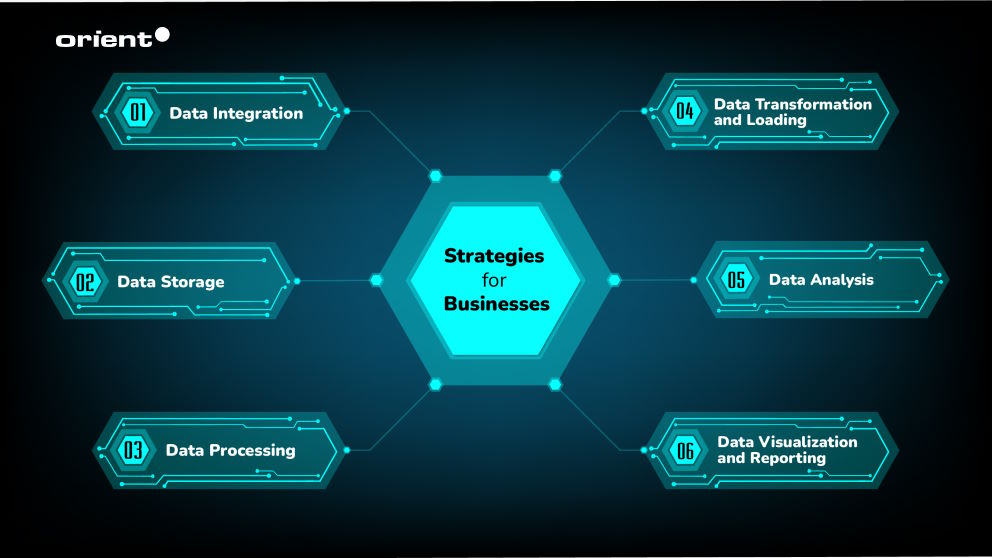
Big data implementation is a complex process that requires careful planning and execution for successful commitment. While each project has unique characteristics and requirements, no perfect strategy exists. However, the key components below can provide you with a sample structure to rely on.
#1 Data Integration
In order to ensure that businesses do not miss any potentially valuable data that may contain meaningful insights, it is recommended to integrate various data sources and consolidate them into a unified format for analysis. When all data is stored in a centralized and comprehensive dataset, companies can easily reach wanted data in a snap, saving time focusing on core competencies.
However, due to the diversity of data sources, data may exist in different data structures, formats, or access methods cannot be ruled out. Extracting the data, which is a key aspect of data integration, requires experts to understand the use of appropriate techniques and source systems to retrieve the data accurately and efficiently.
#2 Data Storage
Users use types of software products every day. That is the reason why data collected and stored from sources always increases over time. To efficiently manage and handle this data, businesses need to choose a storage system that suits their technical requirements.
Currently, there are countless options available to help companies solve data storage problems. Among them, distributed file systems, cloud-based storage solutions, and NoSQL databases are the three main solutions.
- Distributed File Systems: This option allows businesses to store large volumes of data across multiple machines in a distributed manner by breaking down files into smaller blocks and distributing them across a cluster of machines. Hadoop Distributed File System (HDFS) is an example of this type.
- Cloud-based Storage Solutions: By applying advanced technology called cloud computing, this option is an effective method to help businesses store data completely in the cloud environment in a highly scalable manner without worrying about hardware infrastructure.
- NoSQL Databases: Unlike traditional relational databases, NoSQL databases such as Apache Cassandra or MongoDB are suitable for handling large-scale, unstructured, and semi-structured data from social media analytics and IoT applications for real-time ingestion.
#3 Data Processing
Data processing that barely relies on human effort and tools, including spreadsheets and calculators, is currently considered an outdated and ineffective method. Instead of processing data in the traditional way, businesses gradually recognize the significance of automated systems and turn to distributed data processing frameworks. These frameworks have the ability to collect data and process them across a cluster of machines while limiting errors and increasing speed and efficiency.
Choosing which distributed data processing frameworks depends largely on the specific needs and programming languages of the business. Currently, there are three popular tools, including Apache Hadoop, Apache Spark, and Apache Flink, gaining popularity in the data world. Despite each offer’s unique features and capabilities, they are all extremely well-suited frameworks for handling large-scale data processing tasks.
#4 Data Transformation and Loading
Whether a business takes advantage of existing frameworks or not, data needs to go through the transformation and loading process first to serve further analysis. Why?
Because data is generated from many different sources, it often exists in various heterogeneous structures such as text, images, and sounds, making it difficult for businesses to analyze. In order to eliminate big data issues and help them reach the desired level of granularity for analysis, businesses need to transform data through the process of data cleaning, reformatting, and restructuring.
Once transformed, the data is loaded into a target system for easy querying, which is usually a data warehouse or data lake. Data warehouse relational uses database management systems to store structured data and perform analytics, business intelligence (BI), and reporting. On the other hand, the data lake does not enforce a predefined schema on the ingested data and supports exploratory analysis, big data processing, and data science.
#5 Data Analysis
Whether data has value or not depends on the results of the data analysis process. By utilizing analytics tools and algorithms, businesses can gain valuable insights from the available data.
To start the data analysis process, data analysts need to carefully analyze the specific objectives and data nature of the software applications. Depending on technical requirements, experts use corresponding supporting technologies such as natural language processing (NLP), graph analysis, or machine learning algorithms. The ultimate goal of this process is to unlock the hidden potential within software data and leverage it in decision-making as well as customer experience.
#6 Data Visualization and Reporting
Businesses need to engage in data visualization to help relevant stakeholders, even without technical knowledge, understand aggregated insights. Such a process involves using tools and frameworks to visually represent data through charts, graphs, and maps. Besides visualizing using traditional methods, the development team can employ interactive dashboards, data visualization libraries, or business intelligence (BI) tools to simplify visual representations quickly.
However, data visualization alone is not enough. It is the business’s job to create structured reports that synthesize all the findings from the analysis process to explain and interpret data insights. These important documents later play an indispensable role in bridging the gap between complex data analysis and decision-making, driving business outcomes.
Top-notch Developers for Big Data Implementation Project
Realizing the multiple benefits that big data implementation brings, more and more businesses are entering this modernization process to reduce human efforts and increase software ROI. However, opportunities always go hand in hand with challenges.
Various alternatives and competitors exist in the market, finding themselves in a highly competitive position where standing out from the crowd and keeping up with the changing standard is a more difficult problem than ever. Not only is it a matter of budget and innovative business ideas, but it is also a difficulty in recruiting experienced big data engineers in the current context.
Instead of starting everything from scratch, why not experience big data outsourcing services from Orient Software? As industry experts, we deeply understand the nature of big data technologies and customer needs. Contact us to access the large talent pool in a snap and quickly deploy the project.


